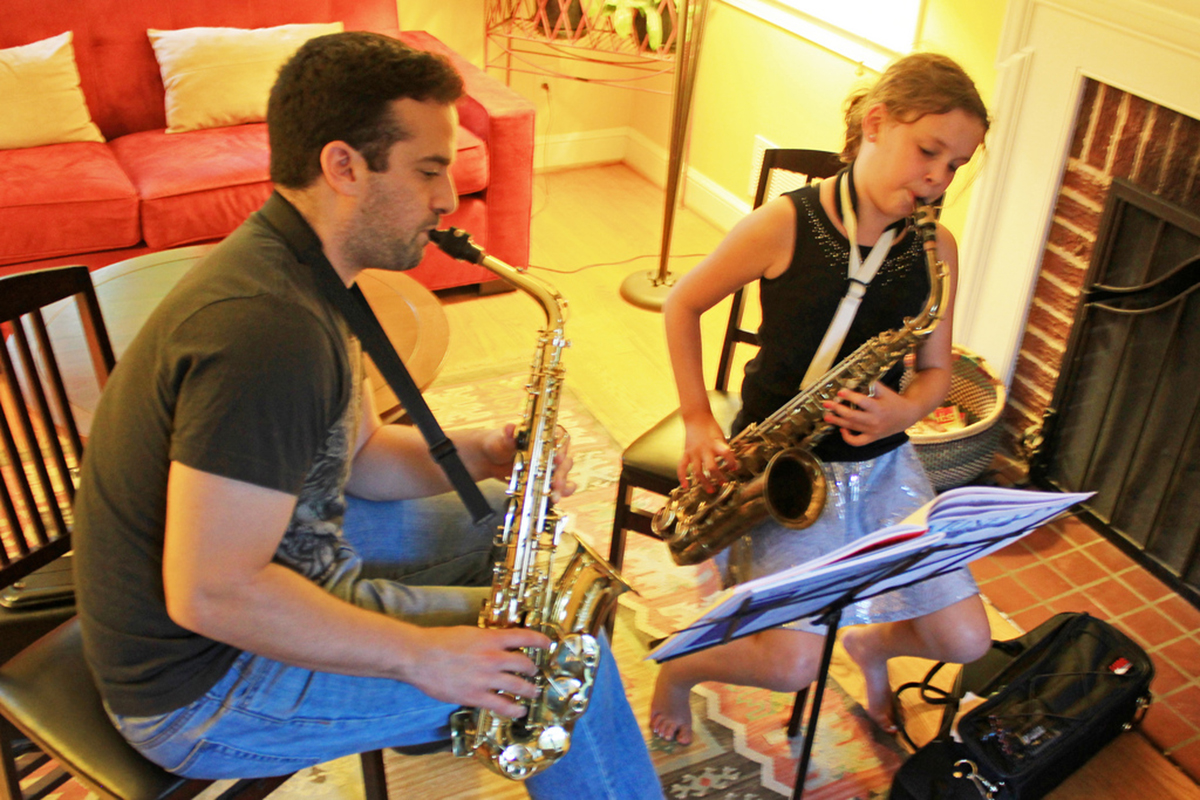Table of Contents
Aside from improving cognitive function, recent research suggests that learning to play a musical instrument such as the violin also enhances psychological health.

A child psychiatry research team from the University of Vermont College of Medicine has just published the results of the study in the Journal of the American Academy of Child & Adolescent Psychiatry, stating that musical training may help children control their emotions, reduce their anxiety, and focus their attention. Their research, so far, is the largest investigation on the association between musical training and brain development, having 232 participants.
The team, led by James Hudziak, M.D., professor of psychiatry and director of the Vermont Center for Children, Youth and Families, analyzed the MRI scans of the brains of children six to 18, paying attention to changes in the thickness of the outer layer (cortical) areas of the brain. In their previous investigation, they found that changes (thickening/thinning) in specific brain areas influenced the occurrence of anxiety, depression, aggression, behavior control, and attention problems, even in kids without mental illness or disorder. Their recent study aimed to find out if music training, a positive activity, would influence these cortical indicators.
Music practice increased thickness in the area of the cortex that controls executive functioning (working memory, attention control) organization, and planning ability. It also appears to affect areas of the brain that play a role in inhibitory control and processing of emotions. The authors believe that playing the violin, for example, may help a child fight psychological disorders such as anxiety and depression better than prescription pills. These findings support the main author’s model that the totality of a child’s environment, including family, pets, teachers, friends, and extracurricular activities, contribute to psychological health, with music being a critical component in the model.
How To Motivate Kids To Practice Playing An Instrument
Many parents would want to see their children learn to play a musical instrument, whether it is the piano, the violin or the guitar. However, many kids might prefer to tinker with their electronic gadgets, play video games or play sports.
See Also: Brain Techniques To Help You Learn Better
The key to motivating a child to pick an instrument and learn to use it is to start them young, initially exposing them to music by listening, singing, swaying or dancing, and playing games. It is important to determine if they are ready or mature enough to choose an instrument and take lessons. However, parents can start by helping their kids develop simple skills like identifying musical beats, melody, or instruments. They can take formal lessons when they are older to encourage their understanding of music, without pressuring them to become great performers.
- Science Daily. Could playing Tchaikovsky's 'Nutcracker' and other music improve kids' brains?http://www.sciencedaily.com/releases/2014/12/141223132546.htm
- Science Daily. First Evidence That Musical Training Affects Brain Development In Young Children. http://www.sciencedaily.com/releases/2006/09/060920093024.htm
- EduGuide. Music Education and Childhood Brain Development. http://www.eduguide.org/article/music-education-and-childhood-brain-development
- Psychology Today. Musical Training Optimizes Brain Function. http://www.psychologytoday.com/blog/the-athletes-way/201311/musical-training-optimizes-brain-functionPhoto courtesy of Knight Foundation via Flickr: www.flickr.com/photos/knightfoundation/5986189724
- Photo courtesy of Woodleywonderworks via Flickr: farm5.staticflickr.com/4112/4988713454_32c8c9c011_b.jpg
- www.sciencedaily.com
- www.eduguide.org
- www.psychologytoday.com


Your thoughts on this